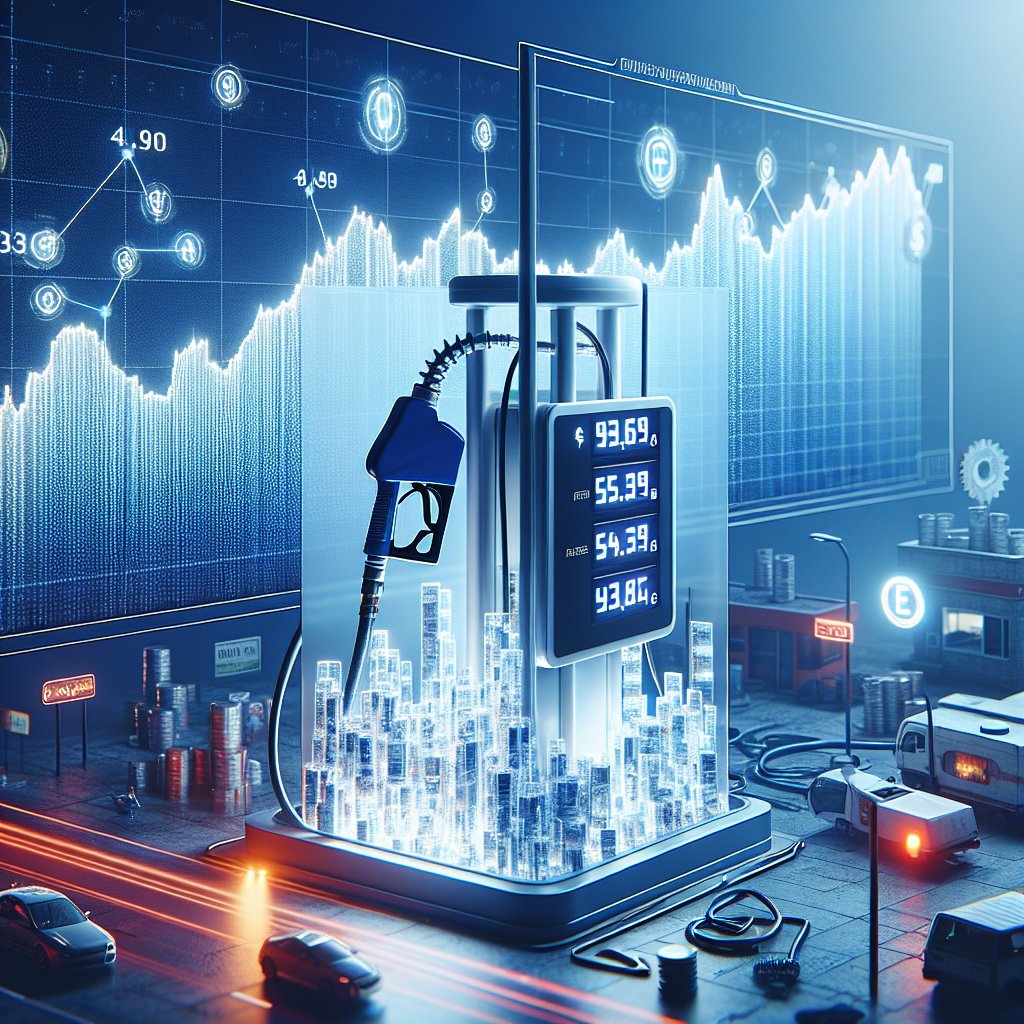Image created by AI
Fuel Price Woes in South Africa to Persist Beyond Elections
South Africans reeling from the latest surge in fuel prices have been advised to brace themselves for an extended period of economic strain, according to insights from FNB investment analyst Jalpa Bhoolia and senior economist Koketso Mano. At a time when consumers are hoping for immediate relief, the forecast is that substantial reductions in petrol and diesel prices are not on the immediate horizon, with any significant drops only expected after the general election on 29 May.
The Department of Mineral Resources and Energy has confirmed hefty price hikes for March, imposing a hefty toll on the pockets of motorists across the country. Inland motorists now face a price of R24.13 per litre for 93 octane petrol and R24.45 per litre for 95 octane, while those at the coast will pay R23.41 and R23.73 for the same grades respectively, marking a new threshold of strain for consumers.
Contextualizing the price hikes, Bhoolia and Mano indicate that global economic elements such as subdued oil production and a weak rand contribute to the sustained high fuel costs. Oil producers are said to be playing their part in maintaining inflated prices by keeping production levels limited, even as demand wanes. Nevertheless, as winter subsides in the northern hemisphere, demand from Europe and the U.S. is likely to prompt a resurgence that the analysts suggest will maintain upward pressure on oil prices well into the middle of the year.
Concurrently, geopolitical risks, particularly in the Middle East, have the potential to escalate oil prices further, directly impacting both fuel costs and the cost of logistics – a double whammy for South Africa where the majority of goods are transported by road.
The local currency is also not doing consumers any favors at present. The rand is facing headwinds from the global financial sector, notably from the hawkish stances of central banks such as the U.S. Federal Reserve, thereby exacerbating the fuel price woes.
As fuel prices rise, the ripple effect through public transport costs and prices of everyday goods can be expected to deepen, leaving South Africans to navigate what is predicted to be a notably challenging first half of the year.
However, there is a sliver of optimism amidst the grim forecasts. Bhoolia and Mano point out that the rand is considerably undervalued at the moment, and they anticipate that post-election valuation gains could improve the currency’s standing. The knock-on effect would hopefully lead to reduced fuel prices, ultimately contributing to lower inflation and interest rates. This anticipated economic relief is expected to be more evident in the second half of the year.
South Africans, therefore, are urged to maintain financial prudence as they count down to a period of economic recalibration that hinges on the post-election climate. Until then, the elevated fuel prices are set to remain a fixture at pumps nationwide.










